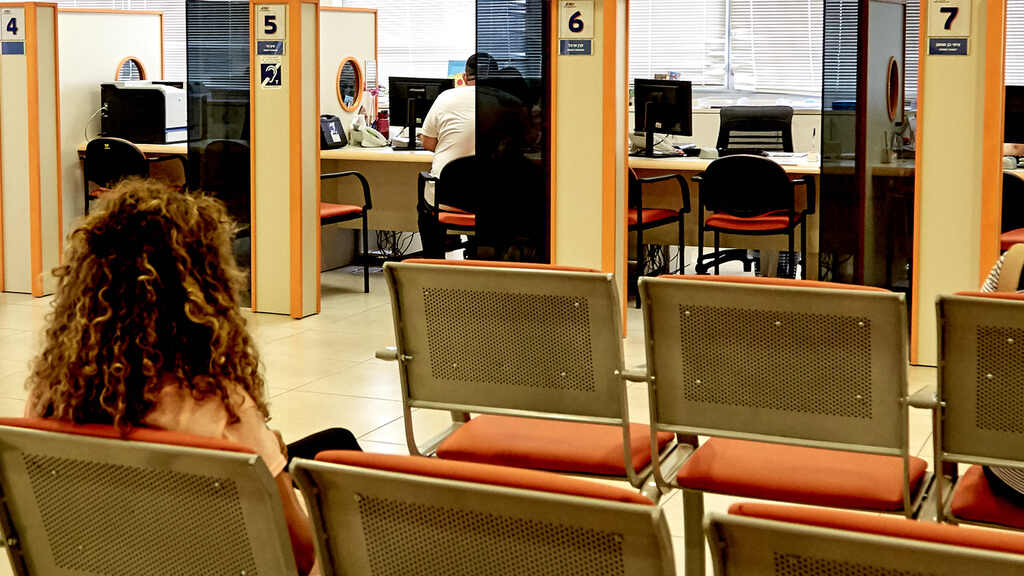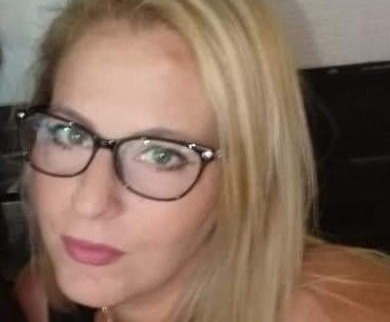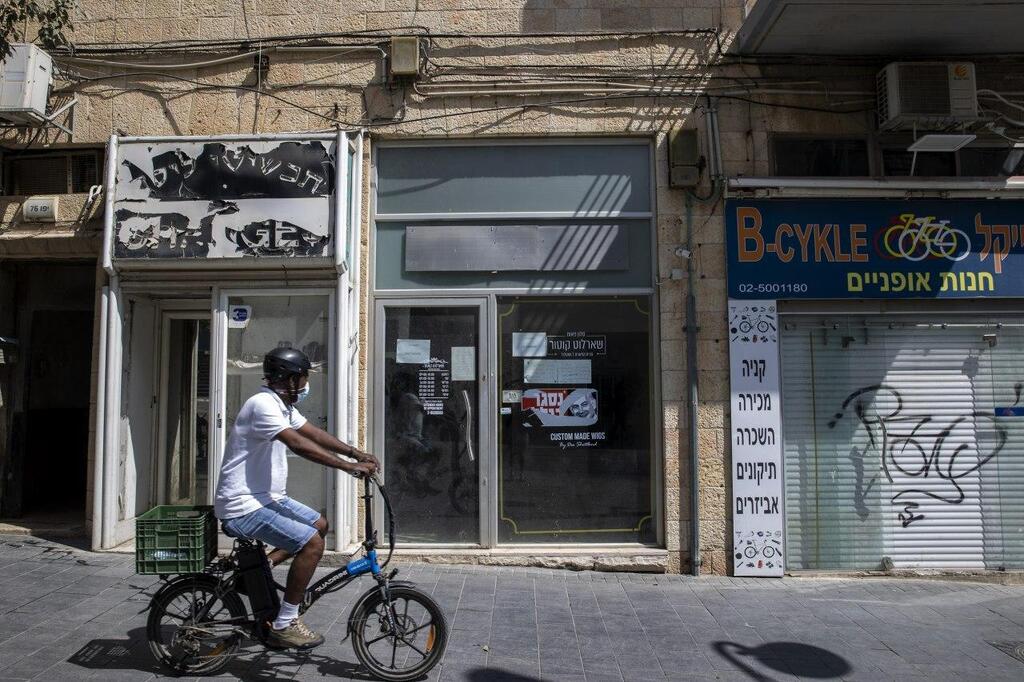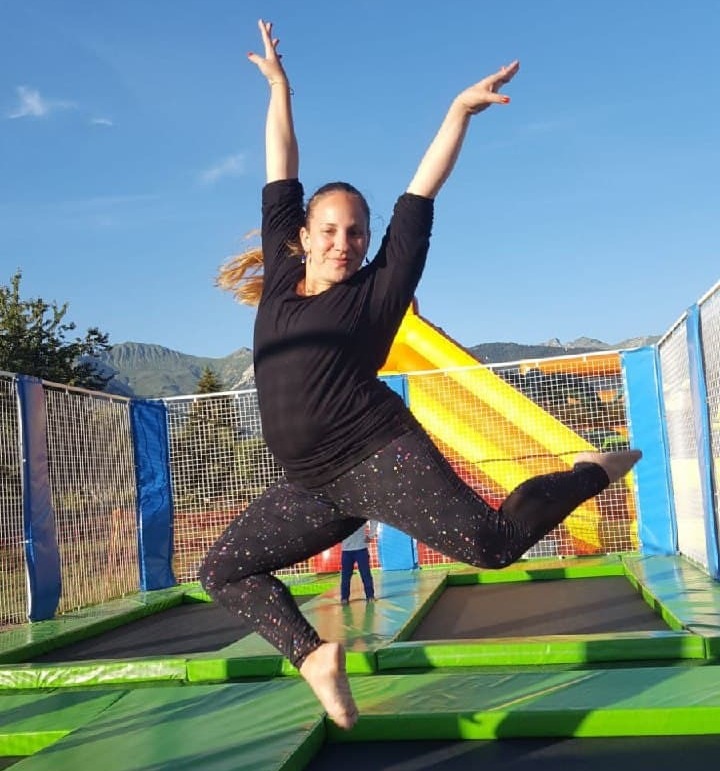Israel’s unemployment figures have soared steadily since the coronavirus pandemic first broke out in the country in March 2020.
And while many are struggling to rejoin the workforce in the midst of Israel’s third nationwide pandemic-induced lockdown, the challenge of earning a decent livelihood may be far harder for single mothers.
4 View gallery


An Israeli woman waits for a consultation at an Employment Service office
(Photo: Courtesy)
Michal Funk is a 38-year-old single mother of two small children who worked part-time as a payroll accountant for a real estate entrepreneurship company before March.
Now, she and her children are forced to live on NIS 3,000 a month (approx. $950) in unemployment benefits.
“For the past six months I have been sending out a lot of resumes. But I have still found myself at home with two kids and with absolutely minimal unemployment benefits,” says Funk.
“I manage to survive with my parents' help. Without them, I would have been out on the street with the children,” she says.
“Age also plays a role here as well as the fact that I have small children and am a single parent. No one was rushing to hire me before the coronavirus and now the situation is even worse.”
4 View gallery


Michal Funk: No one was rushing to hire a single mother even before the pandemic
(Photo: Courtesy)
Funk says that while many are struggling to find a job, being a woman has undoubtedly added another layer of difficulty.
“I see men working as if nothing happened while we women are forced to stay home. It’s like we regressed back years, as if we were worth less,” she says. “I love having a job… That is why I learned a profession that I love.”
Funk says it's not just the stagnation that is difficult to bear, but the meager allowance she receives from the state is hardly enough to support her and her children.
“From [the stipend] I am supposed to pay rent, half of the children’s education, food, property taxes, electricity, water, internet, TV, telephone and clothes for the kids. It's a daily fight for survival and in the supermarket I have to double check everything I buy,” she says.
“I never imagined I could ever be in this situation. I am a strong person but have reached breaking point already. When you have two children you have to have hope, you have no choice because you have kids who rely on you.”
4 View gallery


Many businesses have beenforced to close due to the ongoing economic crisis
(Photo: Amit Shabi)
Noga Oren is a 36-year-old married mother of two who was also financially affected by the crisis.
"I haven't had stable work since March,” says Oren, who is a dance teacher at kindergartens, daycare centers and studios - all of which have opened and closed periodically over the past 10 months.
“It's very difficult to get by. Luckily my husband works, but it's still hard. We just moved apartments and have a mortgage to pay.”
According to Maya Raanan from Netta Career Development Center, the coronavirus crisis has mostly affected the oldest and youngest generations, while those most affected within both groups are women.
4 View gallery


Dance instructor Noga Oren as struggled to find work during the pandemic
(Photo: Courtesy)
“The occupations associated with women in the workforce such as food, tourism and education are some of those most affected by the crisis,” says Raanan.
“Another reason for this discrepancy is that many women are also mothers, and are therefore required to stay home with their children when the education systems shuts down. It is blatant injustice when the burden of caring for children automatically all falls on women,” she says.
“Parenting in Israel is still not as equal as we would like and the job market is still not equal either. Women of all ages and from all walks of life are more affected than men during this crisis. This includes older women and young women, but mothers are the main victims because the education system is in a state of flux.”

